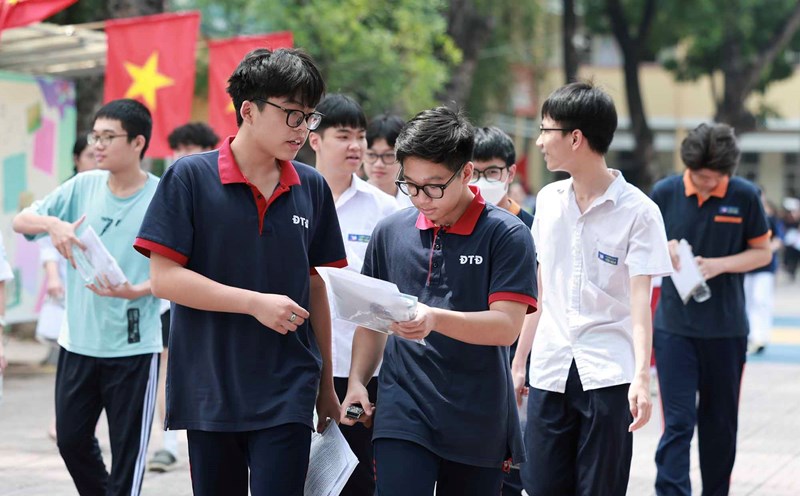Late at night, when her child was asleep, Ms. Le Thu Huyen (32 years old, Hanoi) sat in front of the computer screen, playing slow lines: "I don't know where to start, but I felt like I was gradually getting away from my husband. We rarely talk, laugh, and even feel ashamed when we meet them....
Instead of sending these words to her best friend, she chose to chat with a completely special person - ChatGPT.
I dont need advice. I just need someone to read everything I write, not criticize, not teach. With ChatGPT, I can be myself - weak, tired, and fine with injuries, Ms. Huyen shared.
Confiding with AI becomes a way for her to rearrange her emotions and look back at herself, before being calm enough to talk frankly with her partner.
Not only Ms. Huyen, Mr. Trinh Anh Dung (29 years old, Ho Chi Minh City) - a technology man, also "talks" with ChatGPT whenever he sees a scandal.
One day, I just texted: I feel like my wife doesnt need me anymore. ChatGPT was not a comfort in the rush, only asking, When do you think it started?. It sounds extremely simple, but it makes me stumble. I started to tell them, and then felt lighter.
The trend of converting about marriage with AI like ChatGPT is quietly flourishing, especially among young people. In the context of many people not wanting to "line up for the backseener", or not having enough trust to share with the real person, AI has become a temporary emotional shelter - where no one judges, no prejudices.
Unable to replace psychologists or partners, AI is acting as an invisible listener - neutral, gentle, enough to suggest, orient emotions and help users dialogue with themselves.
In modern married life, when pressure, distance, and invisible expectations easily make couples away from each other, being listened to, even by a virtual friend, is sometimes the beginning for them to get back together. Therefore, behind the quiet throbbing lines sent out at night, there could be an entire journey to preserve a home.











